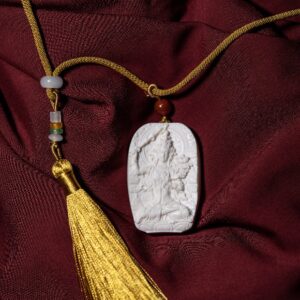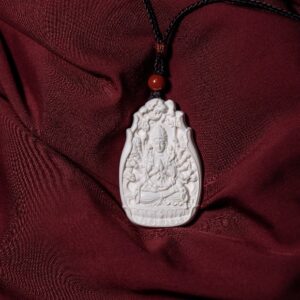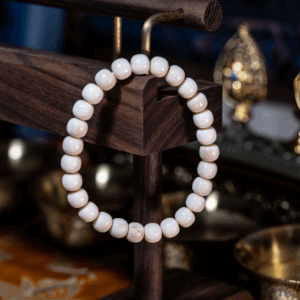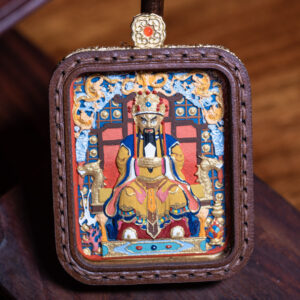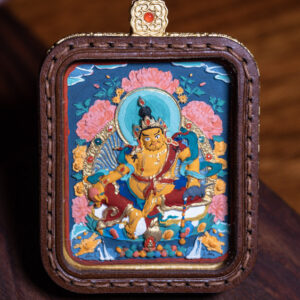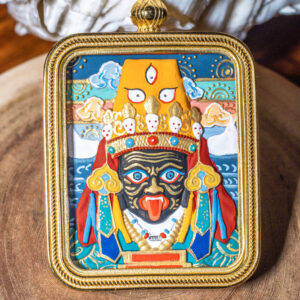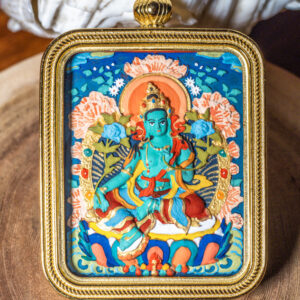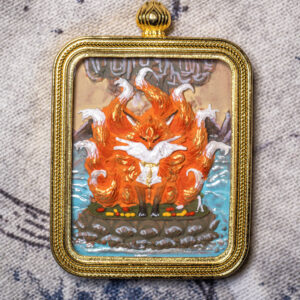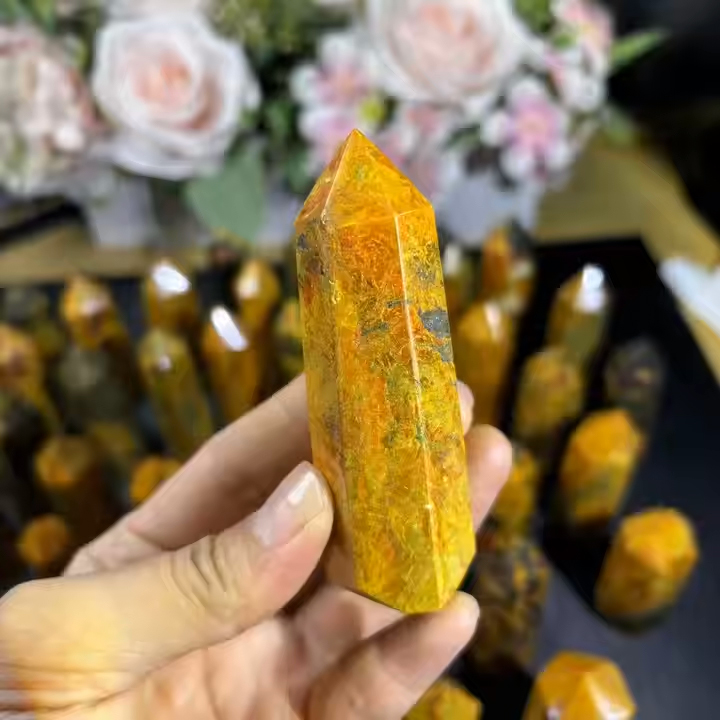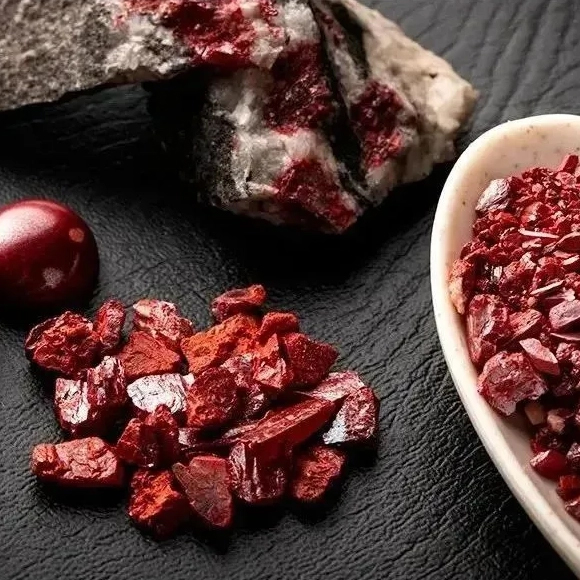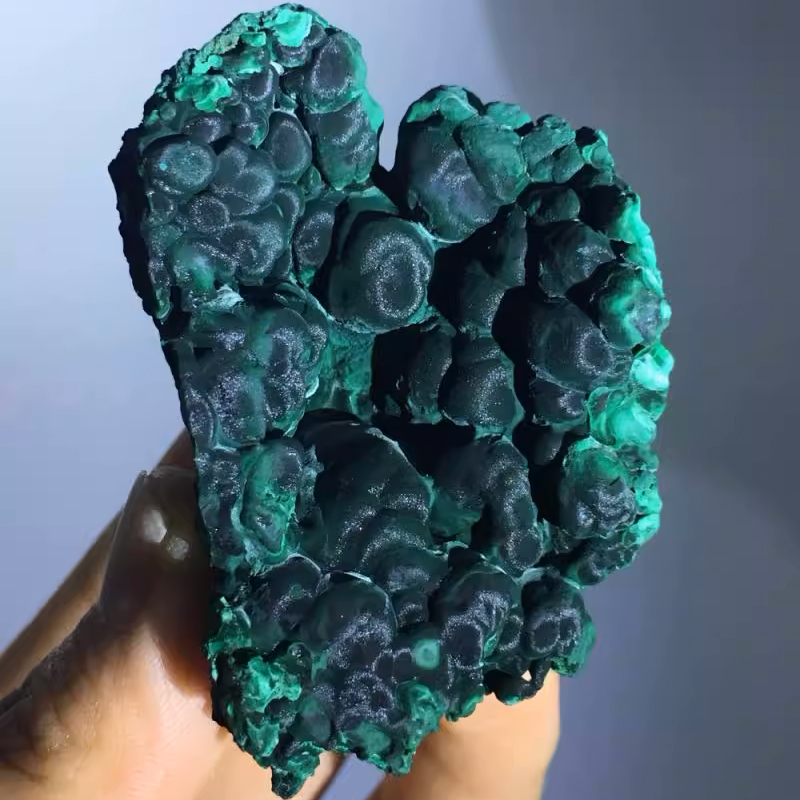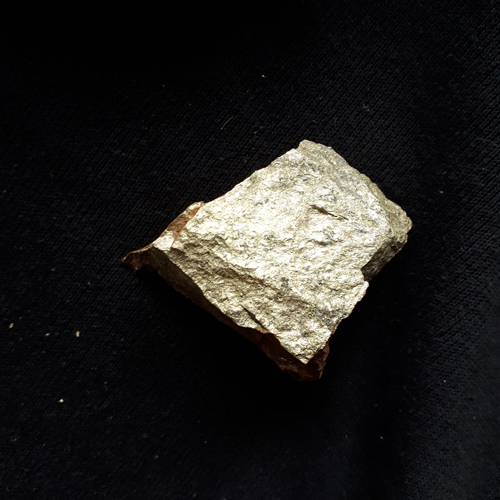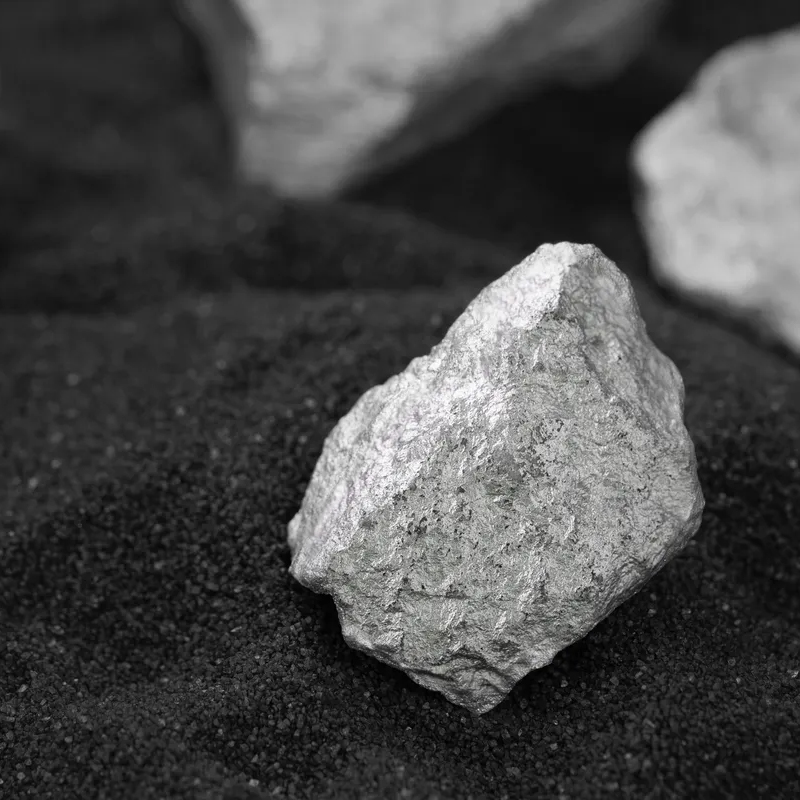New Arrivals
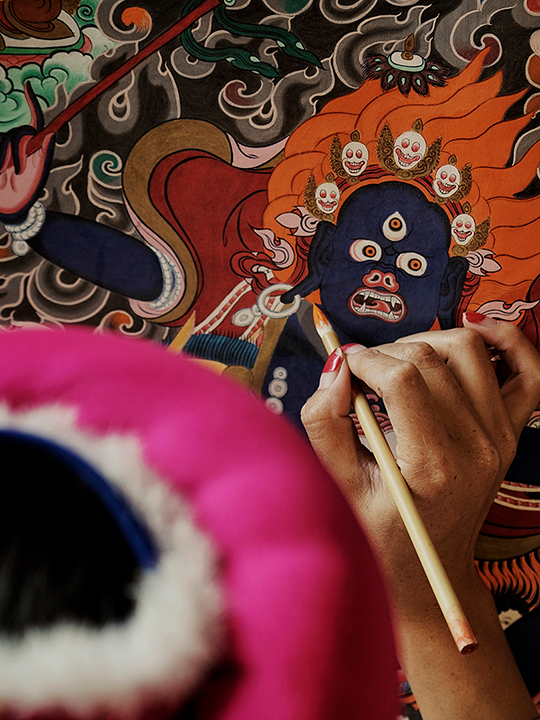
What is a Thangka painting?
A thangka (Nepali pronunciation: [ˈt̪ʰaŋka]; Tibetan: ཐང་ཀ་; Nepal Bhasa: पौभा) is a Tibetan Buddhist painting on cotton, silk appliqué, usually depicting a Buddhist deity, scene, or mandala. Most thangkas were intended for personal meditation or instruction of monastic students.
They often have elaborate compositions including many very small figures. Thangka serve as important teaching tools depicting the life of the Buddha, various influential lamas and other deities and bodhisattvas.
Thangka paintings traditionally utilize natural pigments sourced from minerals, plants, and even precious stones.
Thangka artists divide all the pigments needed for Thangka painting into nine categories: soil, stone, water, fire, wood, grass, flowers, bones, and gemstones
The paint consists of pigments in a water-soluble medium of animal glue. Both mineral and organic pigments are used. 24 carat gold is also plated over some parts of thangka paintings which makes the art a little more expensive.
The pigments that belong to soil include: white clay, caustic soda, diamond clay, and red clay.
The pigments belonging to the stone category include: silver ore, brass ore, mica, lapis lazuli, copper green stone, cinnabar, tortoiseshell, ochre, etc.
Pigments that belong to the water-based category include Huangdan, Sangzhure, indigo, and Tie Qing indigo.
Pigments belonging to the fire category include: ink, arsenic, realgar, etc.
The pigments belonging to the wood category include: mangroves, golden trees, birch trees, hard trees, purple stems, etc.
The pigments belonging to the grass category include: Lishi grass, chicken claw Huanglian, wolfberry grass, amaranth, etc.
The pigments belonging to the flower category include wild chrysanthemum, birch flower, primrose, etc.
Pigments belonging to the bone category include clams, conches, dragon bones, etc.
The pigments belonging to the gemstone category include gold, silver, celestial beads, coral, turquoise, etc.

